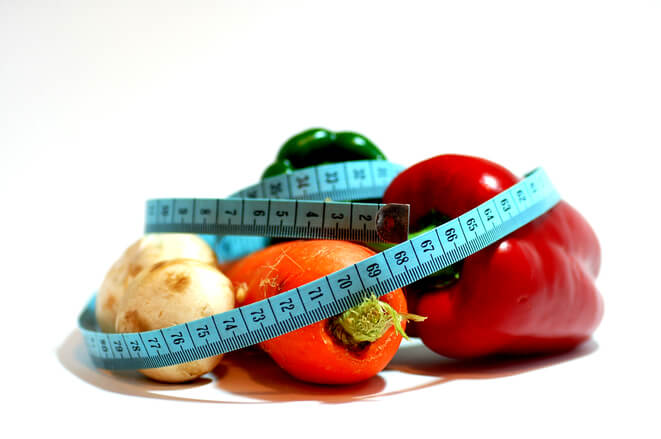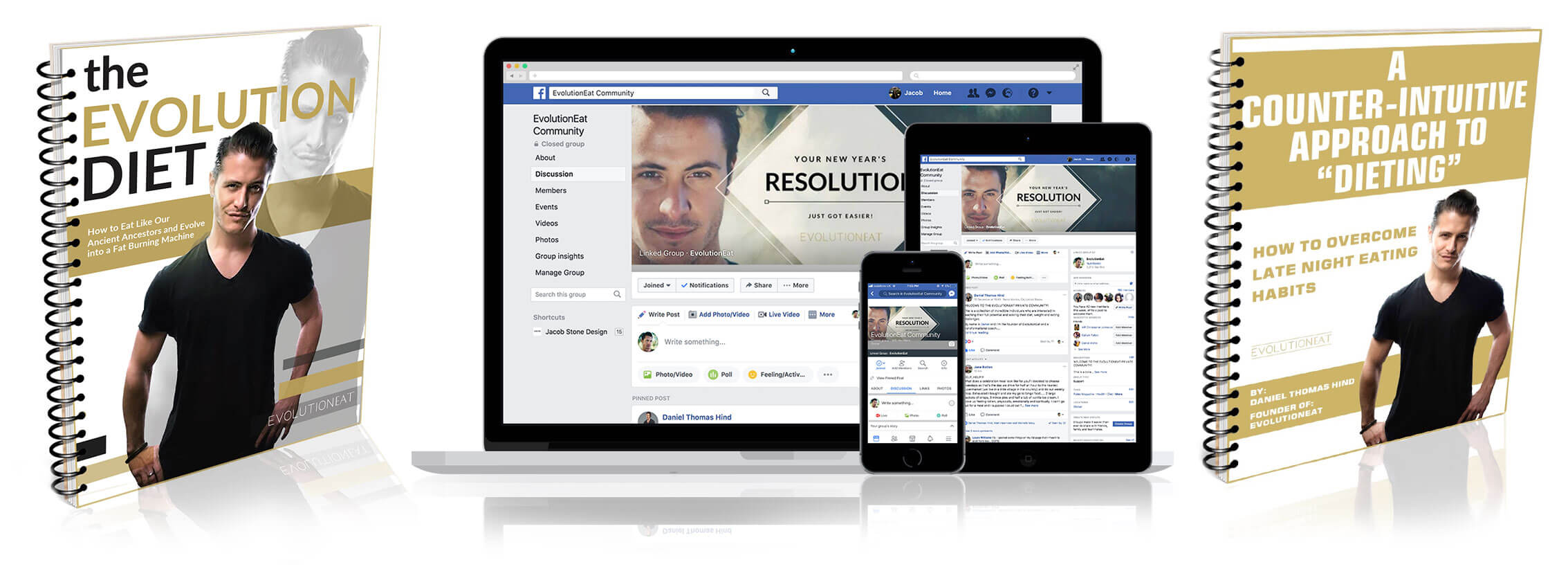In May 2016, Kevin Hall, a scientist and reality TV enthusiast, decided to follow contestants on the popular television show, The Biggest Loser. For six years after they finished the show, he tracked their weight and metabolic rates. He was curious to see how well they kept the weight off. The article printed in the NYT.
The results were not pretty.
Let’s look at the facts. By the end of the show, after 30 weeks of eating about 1500 calories a day and working out all-day-long while their trainers yelled at them to do better, all 14 contestants (who were considered morbidly obese) lost weight. That’s great, right? Super inspiring.
Not exactly.
Over the next six years, 13 of the 14 contestants gained back significant amounts of the weight they’d lost. Four contestants ended up heavier than they’d been before going on the show. Only one stayed at her contestant weight. All of their metabolic rates never recovered.
So then, what did they actually learn from this experience?
I’m going to give away the ending before we even get there: the way in which the contestants on The Biggest Loser approached dieting represents the way in which we culturally approach dieting. This is a catastrophic problem for obvious reasons, and is why you’ve failed all of your dieting attempts in the past.
The dieting mentality is pervasive throughout our culture. No surprise there: the weight loss industry is a multi-billion-dollar industry. Its market capitalization keeps inflating while America keeps getting fatter. This is a serious issue and, as I’ll say time and again, totally ass-backwards: when the intended solution for our lack of health isn’t only failing its mission but is directly causing the problem, we should probably stop and think about what we’re doing.
Hold on, Daniel, what do you mean by “dieting mentality”?
I mean, the very second that you decide “I need to go on a diet,” and then proceed to go into full-attack mode against yourself. It’s usually inspired by weight gain, but could be triggered by any particular motive, usually shame-related.
Let’s dig in by starting with an excerpt on how a contestant tried to diet his way to “success.”
“Mr. Cahill set a goal of a 3,500-caloric deficit per day. The idea was to lose a pound a day. He quit his job as a land surveyor to do it.
His routine went like this: Wake up at 5 a.m. and run on a treadmill for 45 minutes. Have breakfast — typically one egg and two egg whites, half a grapefruit and a piece of sprouted grain toast. Run on the treadmill for another 45 minutes. Rest for 40 minutes; bike ride nine miles to a gym. Work out for two and a half hours. Shower, ride home, eat lunch — typically a grilled skinless chicken breast, a cup of broccoli and 10 spears of asparagus. Rest for an hour. Drive to the gym for another round of exercise.
If he had not burned enough calories to hit his goal, he went back to the gym after dinner to work out some more. At times, he found himself running around his neighborhood in the dark until his calorie-burn indicator reset to zero at midnight.”
…200+ pounds in 7 months. This man’s weight loss was so extreme that it was basically designed for relapse.
Let’s be real: How many times have you given yourself the objective of 10 pounds in one month, or 20 pounds in two months…or maybe something even more extreme? How often are your dieting attempts a race against the clock, rather than aimed to cultivate a healthy, sustainable relationship with food? We all want the quick fix, I know, but real success takes time, attention, and concentration.
Aren’t you sick of excessive exercise, extreme calorie restriction, and total-body/mind fatigue to the point that once you get the “reward” of short-term weight loss you completely unwind?
That’s what happened to our friend Mr. Cahill on the show. And this is why dieting doesn’t work
1. Dieting crushes you psychologically and emotionally.
Psychologically and emotionally, Mr. Cahill was done for, his willpower completely crushed. When he had the constant motivation of TV cameras pointing at him and professional coaches literally kicking his ass at all hours, of course he brought himself to rise to the occasion. In absence of that, how do you expect someone who’s lived 40+ years developing very specific habits as they relate to his food consumption to somehow “learn” how to “be healthy.”
Do you think his weight loss can somehow undo an entire lifetime’s bad relationship with food? He wasn’t taught to learn. He was taught to suffer. As soon as the metaphorical gun was removed from his temple, there was no more trigger to keep him going.
2. Dieting makes food your enemy and wrongly makes you believe you have to “earn your calories.”
Habitually, Mr. Cahill never learned how to cultivate a healthy relationship with food and exercise. He went from one unhealthy extreme to the next. Deprive, restrict, deprive, restrict, run, run, run. What a nightmare. Yes, he lost a lot of weight in the short term, but the protocol described above is just as unhealthy as whatever he was doing at 400+ lbs!
All of those old habits that led him to 400+ are still engrained within him. Since the new habits he learned were literally impossible to keep up with after the show (what was he going to do, be a professional TV contestant his whole life?), he ultimately went back to his default settings.
What’s more, he never learned how to replace the deeply engrained habits and mindset that led to obesity to begin with. He just kind of ignored them, or repressed them, and hoped his new routine would take their place. We’ll learn why this is a critical mistake.
3. Dieting destroys your metabolism.
Metabolically, Mr. Cahill was shot. He slowed his metabolism down so much that he basically guaranteed he’d gain the weight back the second that he couldn’t keep up with this impossible regimen the TV show had him on. Hormonally, he plummeted his leptin levels so much that long-term relapse became inevitable. Everything you do has a consequence: starving yourself now means you’re going to “make up” for it later.
Slow and steady wins the race. It’s the only way to lose the weight and keep it off for good. It’s the path towards mastery. Anything else is a path towards immediate results, which are no prediction of long term success.
Think about your own situation.
I fully recognize how extreme the example of Mr. Cahill’s protocol was. But survey your own experiences. Think about what’s going on when you diet. Think about all of the ridiculous protocols that commercial diets demand—the counting calories, the points systems, the extreme restrictions you place on yourself, the obsessive exercise you believe is required to succeed.
Think about your relationship with food in general as if it were a relationship with another person. Would you say that you two are friends or enemies?
If you want to learn how to eat healthily and lose weight without trying, I’ve created a free guide to help you get started. Check it out by clicking here.




